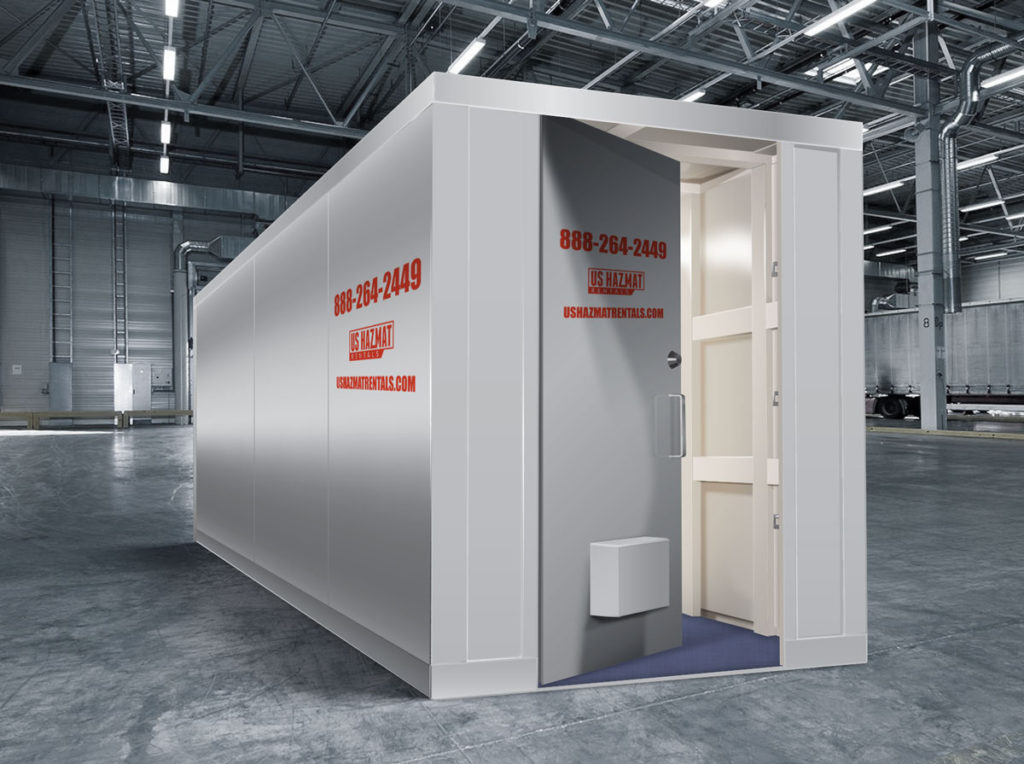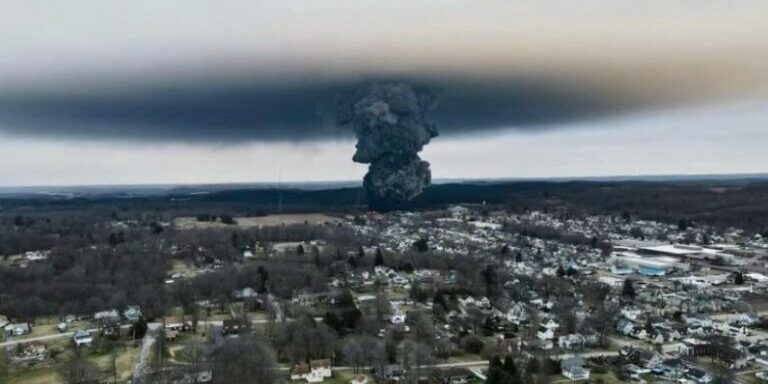Ever feel like you’re living in a simulation? Do you have times in your life when sudden intrusive thoughts become real life manifestations the next day? For one Ohio community, silver screen theatrics became a startling reality following the forced evacuation of a local town following a train derailment that eerily follows the plot of a recent Netflix movie release. In the streaming thriller, “White Noise,” a family in 1970s Ohio finds itself at ground zero, desperately seeking shelter following a railcar explosion that threatens to contaminate the entire town with a highly toxic chemical. Last week, a very similar event unfolded in the same Ohio town that features several extras in the recent movie. These real life crisis actors couldn’t believe the poetic irony that had befallen them. If the movie’s plot can teach us anything, it’s that as humans, we are in fact, all too aware of the real life catastrophe that looms in the periphery of cluttered visions. “White Noise” is now a cautionary tale of what happens when negligence supersedes mutual respect for the community and environment.
“The first half of the movie is all almost exactly what’s going on here,” said one resident who is an extra in the movie. “All of a sudden, it hit too close to home.”
Is ‘White Noise” an example of Life Imitating Art?
With dubious parallels already being drawn between “White Noise” and East Palestine, Ohio, we doubt there will be much clamor for a sequel out of fearing of dooming another unsuspecting community. While the plot of the Netflix movie takes a much darker turn than what it’s currently coming to life in the real world version of events, the railcar derailment has still upended the lives of thousands of townspeople who have already posed numerous questions about the long-term effects of the spill and how it could affect their health, or even housing values should they ever decide to sell.
“That’s where we’ve been raising our kids, finishing college, buying a business, and that’s been our place,” he said. “In the future, are we going to have to sell the house? Is it worth any money at this point?”
Source: CNN
Five of the tankers on the overturned train were carrying liquid vinyl chloride, which can be extremely volatile if shaken or heated to extreme temperatures. As would be the case in any violent collision, the chemicals became unstable and threatened to explode. Out of caution, hazmat teams made the desperate decision to drain the tanks and intentionally set the chemicals ablaze. Their rationale was likely the lesser of two evils as a slow burn is much easier to manage than a volatile, built-up explosion.
Too Close to Home
Although the controlled burn and evacuation order has been listed, resident of East Palestine, Ohio remain a little apprehensive to return home. We can totally relate to this reluctancy to return to an area that was teetering on the brink of disaster just a few days ago. No one would blame them for never returning to the forever scarred town that will probably serve as a piece of inspiration in an upcoming Stephen King book, making the trifecta of film, real life and literature a complete manifestation. We may never know exactly what precipitated the crash or who was to truly blame for the chemical fiasco. What we do no is that community should ever feel so helpless and overpowered by such chaotic forces. The fact that these people had to make a desperate life-altering decision on how to leave and where to go could forever scar their tortured psyches.
Workers at chemical manufacturing facilities face the threat of sudden explosions and exposure to toxic chemicals everyday. Will they also face an uncertain future when disaster strikes? How can factories and manufacturing facilities mitigate some of these inherent risks of working with highly toxic chemicals? Community safe rooms can provide instant onsite protection for employees and customers in the event of a chemical incident or other powerful force of nature, like a tornado. They can easily fit anywhere for 10 to hundreds of personnel with just a moment’s notice. They are ideal for construction and oil industries, but can be easily implemented into any jobsite.







